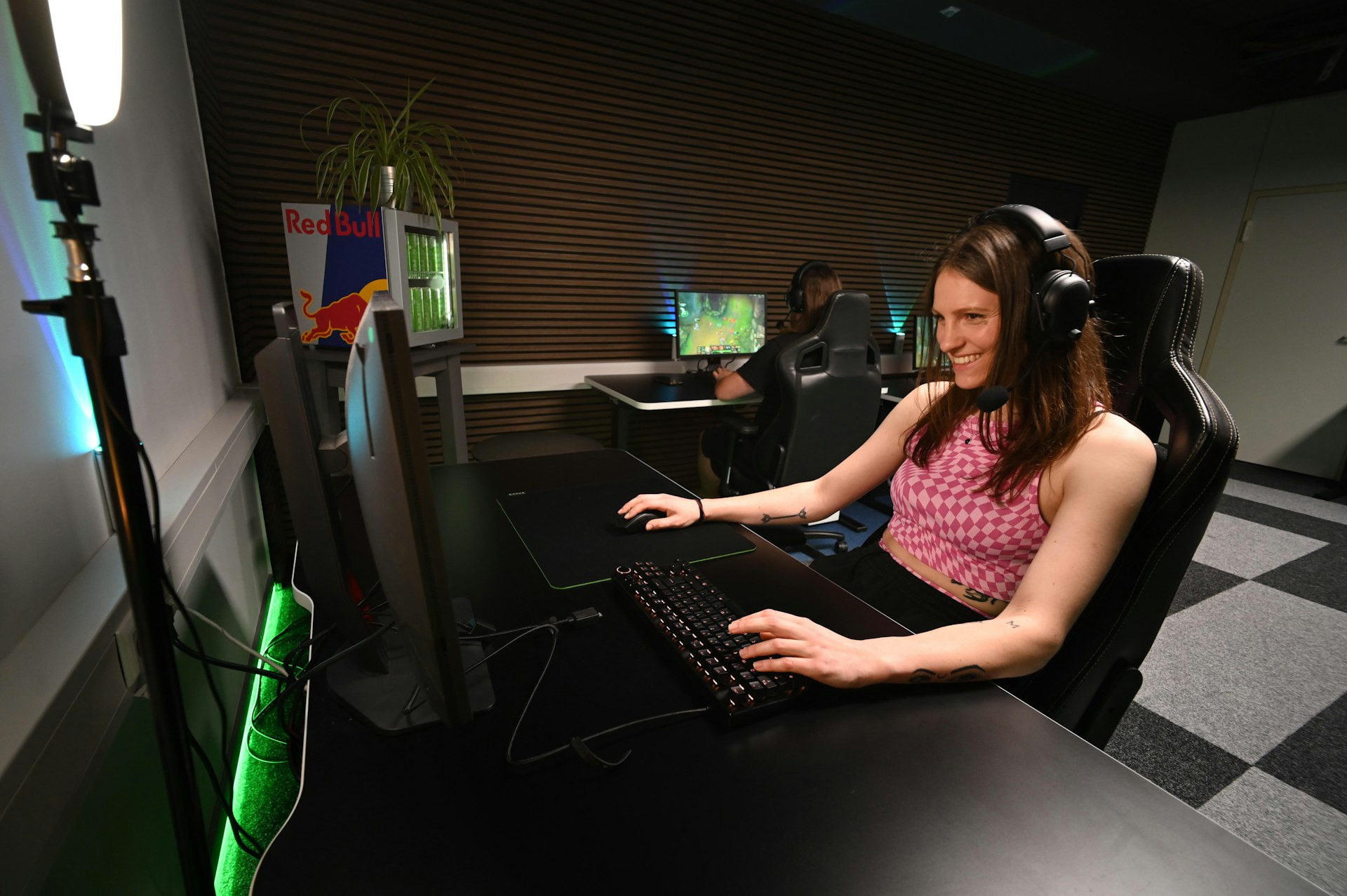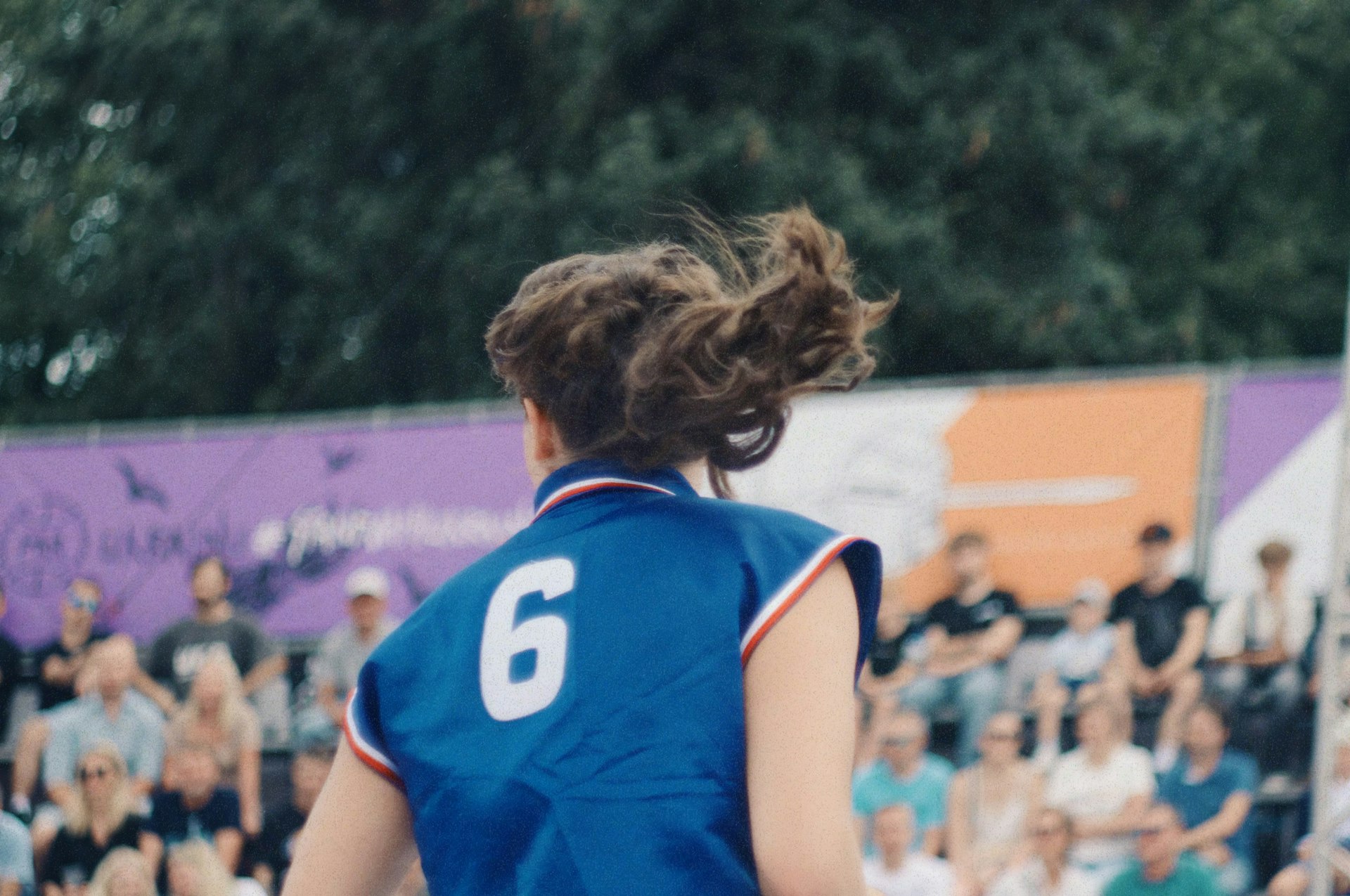Navigating Athlete Career Transitions: A Practical Guide to Life After Sports

Photo by Richard Sagredo on Unsplash
Introduction: The Reality of Athlete Career Transition
Retirement from competitive sports is a major life change for any athlete. The journey from the arena to a new profession brings opportunities, challenges, and the need for a fresh sense of purpose. For many, this transition can be daunting-athletic identity, daily routines, finances, and social circles all undergo significant shifts. However, with early planning, the right resources, and a focus on transferable skills, athletes can turn this period of change into a new phase of growth and achievement [5] .
Understanding the Athlete Retirement Transition
Retiring from sport is not simply ending a career-it’s a comprehensive transition involving identity, lifestyle, and health. Many athletes have dedicated years to their sport, often at the expense of exploring alternative paths. This can result in a strong athletic identity and “identity foreclosure,” where other aspects of self are underdeveloped. When the sporting chapter closes, athletes may experience uncertainty, loss of structure, and the challenge of redefining themselves [2] .
Common factors influencing the transition include:
- Age and timing of retirement (voluntary or forced, e.g., by injury)
- Level of preparedness for life beyond sport
- Support networks (family, mentors, professional advisors)
- Personal, social, and financial circumstances
Research shows that athletes who prepare early, maintain diverse interests, and seek out support experience smoother transitions and higher life satisfaction [5] .
Transferring Athletic Skills to New Professions
One of the most powerful tools for athletes in transition is recognizing and articulating their transferable skills. Years in competitive sports cultivate attributes that are highly valued in many industries:

Photo by Gabriel Martin on Unsplash
- Teamwork and leadership
- Discipline and work ethic
- Resilience under pressure
- Strategic thinking and goal setting
- Time management and organization
To apply these skills effectively, athletes should:
- Identify the specific strengths developed during their sports career.
- Research industries and roles where these skills are in demand.
- Leverage concrete examples from their athletic experience during interviews or on résumés [1] .
For example, a former team captain might pursue leadership roles in business management, while a disciplined individual sports athlete could excel in project-based or technical fields.
Education, Certification, and Professional Development
Transitioning athletes often benefit from pursuing additional education or certifications tailored to their new career interests. Many universities and professional organizations offer programs specifically designed for former athletes. These programs may provide:
- Flexible degree or certificate options
- Career counseling and job placement support
- Workshops on résumé writing, interviewing, and networking
To access these services:
- Contact your alma mater’s career services office for alumni programs.
- Search for athlete transition programs through established sports organizations or professional associations.
- Consider online learning platforms with accredited courses in your field of interest.
If you are unsure where to begin, you can search for “athlete career transition programs” or “education for retired athletes” through official university websites or national sports organizations.
Building Your Professional Network
Expanding your network beyond the sports community is crucial for a successful transition. Proactive networking can uncover job leads, mentorship opportunities, and industry insights. Steps to build your network include:
- Attend industry events and local business meetups.
- Join professional associations in your chosen field.
- Connect with other former athletes who have made similar transitions.
- Reach out to contacts via LinkedIn and request informational interviews.
Some organizations run athlete-specific networking events or mentorship programs. For example, the Athlete365 platform by the International Olympic Committee (IOC) offers career support, though specific access may depend on your sport federation affiliation.
Financial and Lifestyle Considerations
Financial planning is a critical aspect of the post-retirement journey. Many athletes face a sudden change in income and need to adjust their budgeting, investment, and long-term savings strategies. Common steps include:
- Meeting with a certified financial planner, ideally one with experience in athlete transitions.
- Reviewing existing savings, investments, and insurance policies.
- Exploring new income streams, such as part-time work, entrepreneurship, or consulting.
Some private wealth management firms, like Moment Private Wealth , provide transition-specific financial guidance, though athletes should always consult certified professionals and verify credentials [3] .
Maintaining a healthy and active lifestyle is also essential. Research shows that continuing to exercise, even at a reduced intensity, helps prevent chronic diseases and supports mental health [4] . Former athletes are encouraged to develop new routines that include regular physical activity, social engagement, and personal development.
Accessing Support and Career Counseling
Professional guidance can make a significant difference during the transition. Career counseling services help athletes:
- Assess skills and interests
- Develop career plans and explore options
- Prepare for job applications and interviews
- Address psychological impacts of career change
To find these services:
- Contact your national sports governing body or athlete union for available programs.
- Reach out to the career center at your former college or university.
- Search the Association for Applied Sport Psychology for certified consultants specializing in athlete transition.
If verified links are unavailable, you can use search terms such as “athlete career counseling services” or “retired athlete support programs” and ensure you are connecting with established, reputable organizations.
Case Study: From Athlete to Entrepreneur
Consider the real-world story of a former professional baseball player who, after 11 years in the sport, found the transition unexpectedly tough. Contrary to popular belief, opportunities did not come knocking; instead, proactive effort was required to build a new career. By identifying transferable skills, seeking out education, and growing a new network, he successfully shifted to entrepreneurship-demonstrating that while the process can be challenging, it is entirely achievable with the right approach [3] .
Step-by-Step Guide to a Successful Transition
- Start Early: Begin planning for post-sports life well before retirement. Explore interests, develop new skills, and build a diverse network [5] .
- Assess Your Strengths: List your transferable skills and identify career paths where they are valued.
- Research and Education: Investigate industries and educational requirements. Pursue certifications or degrees as needed.
- Network: Connect with mentors, join industry groups, and seek informational interviews.
- Seek Support: Use career counseling services, mental health resources, and financial advisors specializing in athlete transitions.
- Stay Active: Maintain a healthy lifestyle to support mental and physical well-being [4] .
- Be Patient and Persistent: Recognize the process takes time and setbacks are normal. Persistence and adaptability are key.
Overcoming Challenges and Exploring Alternatives
The transition process is rarely linear. Common challenges include loss of identity, lack of immediate job prospects, and adjustment to new routines. Solutions involve building a strong support network, seeking mental health resources if needed, and keeping an open mind about alternative career paths-including coaching, business ownership, or roles in media, education, or public service.
It’s also possible to combine multiple interests-such as starting a business while coaching part-time or pursuing further education alongside consulting work. Flexibility and a willingness to learn are crucial to finding fulfillment after sports.
Conclusion: Moving Forward with Confidence
While the end of an athletic career marks a significant life change, it is also a beginning. By recognizing your unique strengths, preparing early, seeking out education and support, and remaining proactive, you can build a rewarding new chapter. There are many pathways to success-what matters most is taking the first step and continuing to move forward.
References
- [1] Success Coach (2022). From the Field to the Future: Managing Athlete Transition.
- [2] APA Division 47 (2016). Career Transitions in Sport – SPORTPSYCH WORKS.
- [3] Moment Private Wealth (2023). Life After Sport: The Moment Guide To Athlete Career Transition.
- [4] Yao, PL. (2018). Former athletes’ lifestyle and self-definition changes after sports retirement.
- [5] Association for Applied Sport Psychology (2022). The End of the Road – Transitioning Out of Sport.
MORE FROM gowithdeal.com













